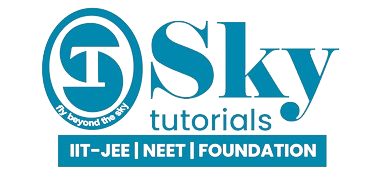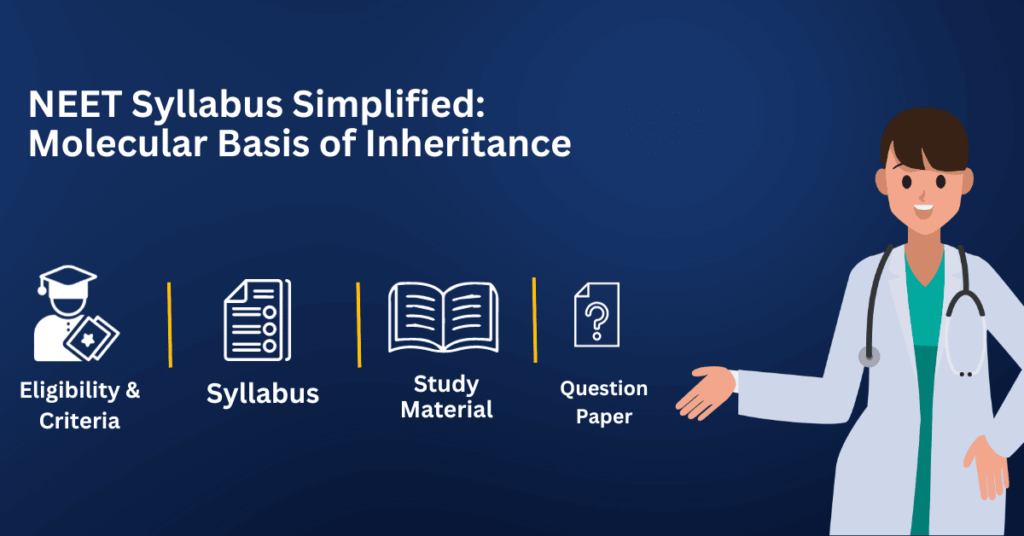Overview
Sky Tutorials is a renowned coaching institute in Varanasi that specializes in preparing students for competitive exams like NEET, IIT-JEE. Their expert faculty and comprehensive study material have helped students achieve their dreams of getting into top medical and engineering colleges.
If you are looking for the best NEET coaching in Varanasi, Sky Tutorials should be your top choice. Their NEET coaching program is designed to cover all aspects of the syllabus, provide regular tests and assessments, and ensure that students are well-prepared for the exam. The faculty at Sky Tutorials is experienced and dedicated to helping students achieve their goals.
In addition to NEET coaching, Sky Tutorials also offers JEE coaching, and other programs to help students excel in their academic pursuits.
Sky Tutorials – Best NEET Coaching in Varanasi | JEE Coaching
Looking for the best NEET coaching in Varanasi? Look no further than Sky Tutorials. Our expert faculty, comprehensive study material, and regular tests and assessments ensure that our students are well-prepared for the exam. We also offer JEE coaching, Olympiad coaching, and other programs to help students excel in their academic pursuits.

Are you preparing for the NEET exam and feeling overwhelmed by the vast syllabus? Don’t worry; we’ve got your back! In this blog, we’ll simplify the Molecular Basis of Inheritance, a crucial topic in NEET, in under
Understanding DNA:
At its core, the Molecular Basis of Inheritance revolves around DNA, or deoxyribonucleic acid. DNA is a double-stranded molecule that carries genetic information. It’s made up of four nucleotide bases: adenine (A), cytosine (C), guanine (G), and thymine (T). These bases form pairs (A-T and C-G) and create the famous double-helix structure.
Genes and Chromosomes:
Genes are segments of DNA that contain instructions for building proteins. They are organized on chromosomes. In humans, there are 46 chromosomes arranged in 23 pairs. Each parent contributes one chromosome to each pair, determining an individual’s genetic makeup.
Replication:
Before a cell divides, it needs to make a copy of its DNA. This process is called DNA replication. It ensures that each daughter cell receives an identical set of genetic information. Enzymes like DNA polymerase play a vital role in this process.
Transcription:
To produce proteins, a cell must first make a copy of a gene’s instructions in a process called transcription. This creates a molecule called messenger RNA (mRNA), which carries the genetic code from the DNA to the ribosome, the cell’s protein-making machinery.
Translation:
The ribosome reads the mRNA’s code and assembles amino acids in the correct order to create a protein. This step is called translation. The sequence of amino acids in a protein determines its structure and function.
Mutation:
Mistakes can occur during DNA replication, transcription, or translation. These errors are called mutations. While some mutations are harmful and can cause diseases, others can be beneficial, driving evolution.
Genetic Code:
The genetic code is the set of rules that dictates how the four DNA bases encode the 20 amino acids used in protein synthesis. It’s a triplet code, meaning three bases (a codon) correspond to one amino acid.
RNA Types:
Apart from mRNA, there are other types of RNA involved in protein synthesis. Transfer RNA (tRNA) brings the correct amino acids to the ribosome, while ribosomal RNA (rRNA) makes up the ribosome’s structure.
Epigenetics:
NEET may also cover epigenetics, which explores changes in gene expression without altering the DNA sequence. This includes DNA methylation and histone modification, which can be influenced by environmental factors.
Inheritance Patterns:
Understanding how genes are inherited is crucial. NEET might test your knowledge of Mendelian genetics, which describes how traits are passed from one generation to the next.
Genetic Disorders:
You should also be familiar with genetic disorders like Down syndrome, cystic fibrosis, and sickle cell anemia, as NEET may ask questions related to their genetic causes and symptoms.
DNA Technology:
The syllabus might include DNA technology like PCR (polymerase chain reaction), genetic engineering, and DNA fingerprinting. These techniques have applications in medicine, agriculture, and forensic science.
Genome:
NEET may touch on the human genome project, which mapped all the genes in the human genome. This project has profound implications for our understanding of genetics and medicine.
In conclusion
The Molecular Basis of Inheritance is a crucial topic in the NEET syllabus. It’s all about understanding how genetic information is stored in DNA, how it’s copied, and how it’s used to build proteins. Additionally, being aware of inheritance patterns, genetic disorders, and DNA technology is essential. By simplifying these concepts, we hope you feel more confident and prepared to tackle this important subject in your NEET exam. Good luck with your studies!

